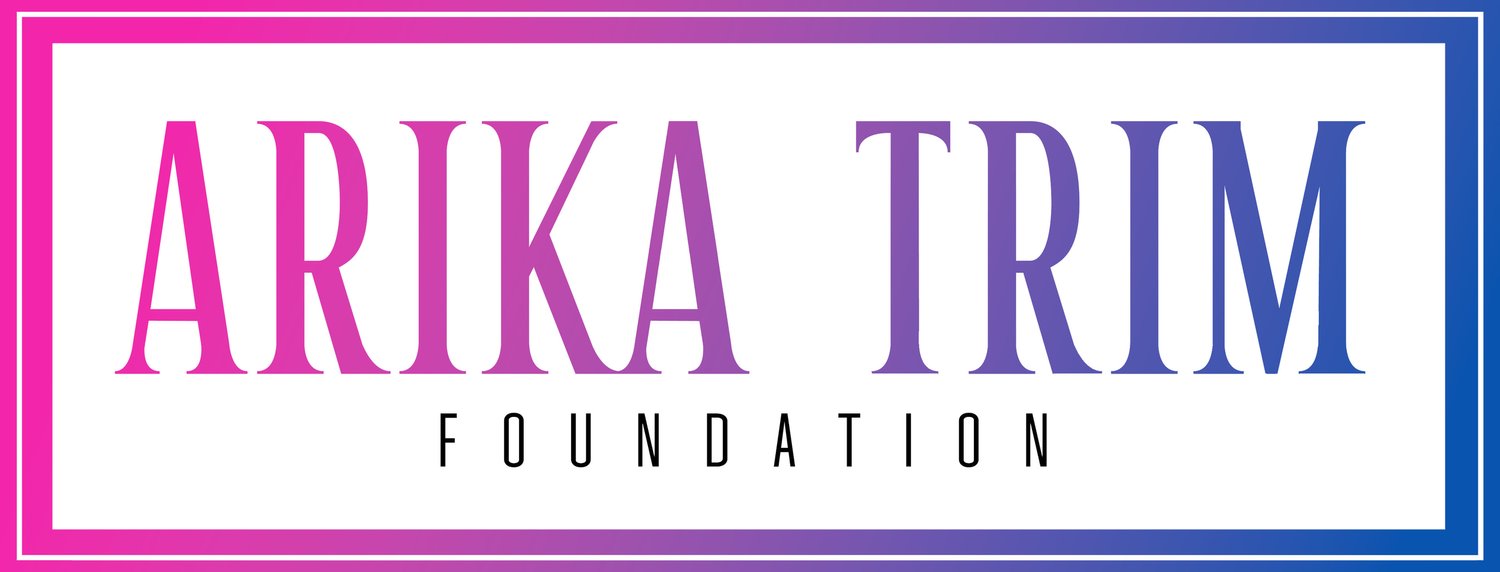Why Do We Fight for Black Maternal Health Equity?
As we close out the year and reflect on the strides made in healthcare, one issue remains urgent: Black maternal health equity. At the Arika Trim Foundation, we are passionate about addressing the systemic disparities that put Black mothers at greater risk during pregnancy, childbirth, and postpartum. Here’s why this fight matters and how we are working to create change.
The Reality of Black Maternal Health Disparities
Black women in the United States are nearly three times more likely to die from pregnancy-related causes than white women. This alarming statistic stems from a combination of systemic racism, implicit biases in healthcare, and lack of access to adequate maternal care.
Factors like delayed diagnosis of complications, dismissive attitudes toward Black women's pain, and socioeconomic barriers only widen the gap. These issues are not just statistics—they’re lived realities for far too many mothers and families.
Why Equity, Not Equality, Matters
Equality provides everyone with the same resources. Equity, on the other hand, ensures that resources are distributed based on individual needs. For Black maternal health, this means addressing the unique challenges Black mothers face, including:
Culturally informed care.
Access to trained doulas and midwives.
Education on postpartum warning signs.
Equity acknowledges that Black mothers require specialized care and support to overcome the structural barriers they face.
How the Arika Trim Foundation Is Making an Impact
At the heart of our mission is the belief that every mother deserves a safe, supported pregnancy and postpartum experience. Here’s how we are leading the charge:
Postpartum Care Services at Home: We provide in-home care to help mothers navigate the critical postpartum period, offering guidance and ensuring early detection of complications.
Education on Warning Signs: Empowering mothers and their families with knowledge about life-threatening symptoms like excessive bleeding or infections can save lives.
Collaboration with Medical Professionals: We work with healthcare providers to foster trust and improve outcomes for Black mothers.
Advocating for Doula Support: Doulas have proven to reduce maternal mortality rates, and we strive to ensure Black mothers have access to this vital support.
The Power of Community Advocacy
Achieving Black maternal health equity requires collective action. It’s not just about healthcare providers or policymakers—it’s about all of us standing together to demand change.
Here’s how you can help:
Spread Awareness: Share information about maternal health disparities in your community.
Support Doula Access: Advocate for insurance coverage of doula services, especially for Black mothers.
Donate to Organizations: Your contributions to foundations like ours directly support mothers in need.
Together, We Can Save Lives
Black maternal health equity isn’t just a goal; it’s a necessity. It’s about ensuring that every mother—regardless of race or background—has the opportunity to thrive during one of life’s most transformative experiences.
As we enter a new year, let’s recommit to this mission. Because when we fight for Black maternal health equity, we fight for healthier families, stronger communities, and a brighter future.
Join us in this mission today. Learn more about our work at the Arika Trim Foundation and how you can make a difference.
📢 Get Involved! Donate or share our mission (www.arikatrimfoundation.org/donate).





